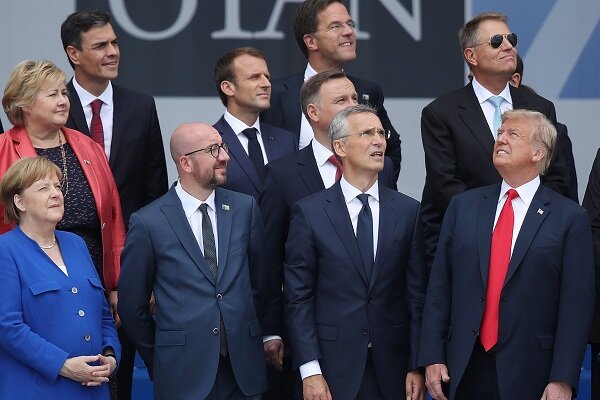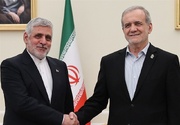For more than 70 years, the transatlantic alliance has served as the unshakable foundation of European stability and underpinned the values of the US-led Western order, reads a report by CNN. In 2020, it appears that relationship is being rethought on both sides of the Atlantic.
Earlier this week, the European Union declined to include US in its list of "safe countries," meaning that American travelers will be unwelcome inside the bloc for the foreseeable future, due to the eyewatering US coronavirus infection numbers. Controversially, the list includes China -- the country where the virus originated -- on the condition of reciprocal arrangements.
EU officials insist that the decision was not political and based entirely on epidemiological evidence, in the hope this would pacify US President Donald Trump, a man who has attacked the bloc on several occasions.
However, others privately concede that had Brussels wanted to make the pill more palatable for an American audience, they could have added a sugar coating. "In the past, I can see that we might have not included China in order to keep the US happy," says an EU diplomat not authorized to speak on record about how the decision was made.
It might seem a stretch to take this incident as evidence of a rupture in transatlantic relations, until you place it in the current geopolitical context. It's no secret that Washington takes less of an interest in European affairs these days. And it's well known that European nations actively seek greater diplomatic autonomy from America. This is especially true for the 27 member states of the European Union.
One of the ways Brussels thinks it can distance itself from DC is by engaging with China as a strategic and economic partner, decreasing its reliance on one of the world's superpowers by balancing its relationship with the other.
However, longstanding observers of the alliance accept it has been strained over the past four years -- and will worsen still if Donald Trump beats former vice president Joe Biden in this year's US election. "Trump considers the EU, especially Germany, an economic and trade rival, which means tensions can be expected in the case he gets a second term," says Velina Tchakarova, from the Austrian Institute for European and Security Policy.
MAH/PR

























Your Comment